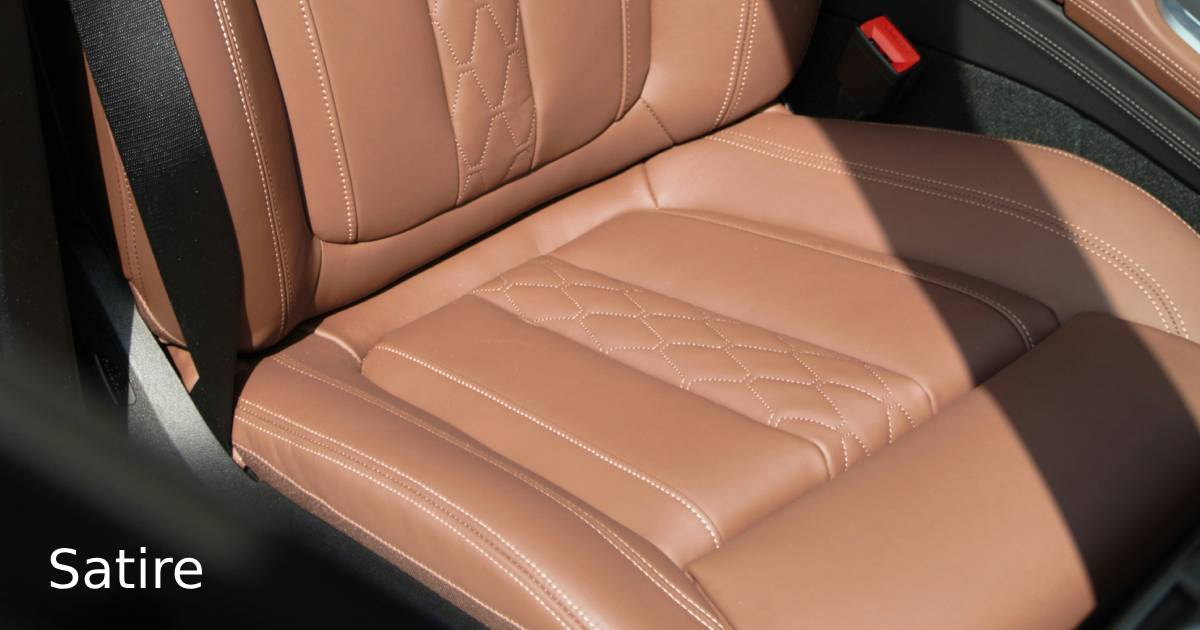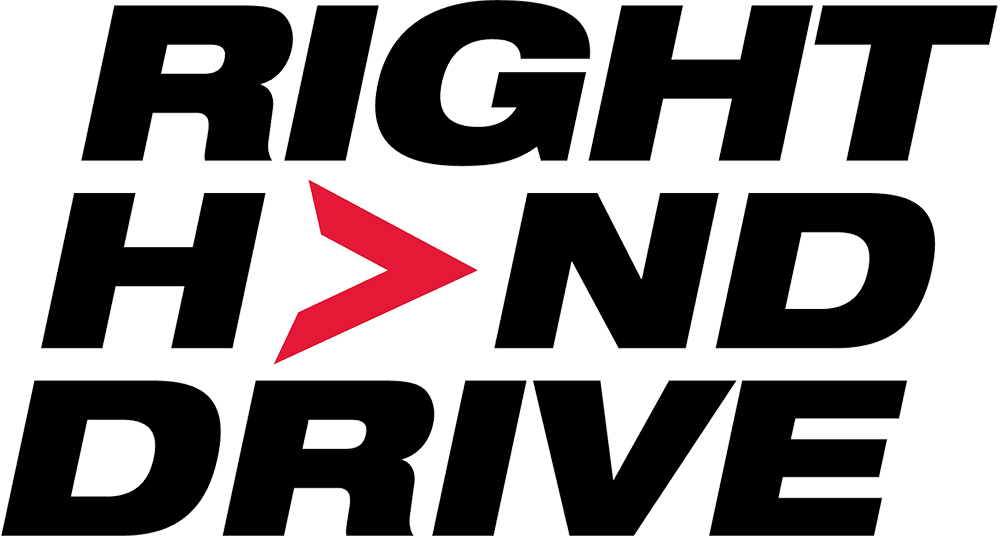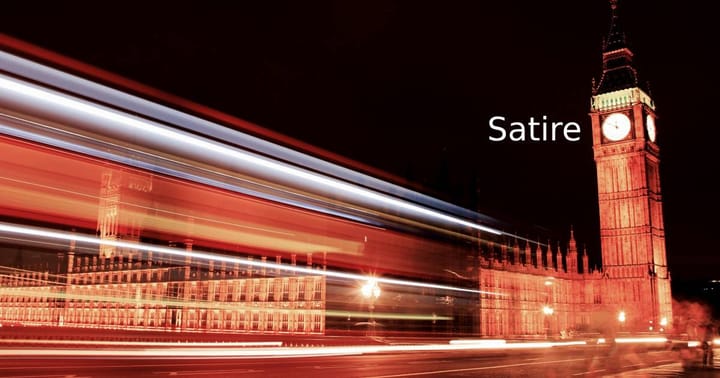Social-credit system rewards good drivers by unlocking heated seats
Car makers and governments band together to encourage conscientious motoring

The world’s three largest car companies, in conjunction with governments in Europe, China, New Zealand and Canada, have signed a memorandum of understanding that will see drivers who engage in “positive automotive behaviours” rewarded by new vehicle features such as heated seats, smartphone integration and adaptive cruise control being unlocked via over-the-air software updates.
The programme, dubbed ‘Driver Reward, Enhancement and Messaging, or DREAM, utilises various methods to assess motorists’ behaviour, including accelerometers, driver-attention monitors, forward-facing cameras, GPS location data, radar, LIDAR, vehicle speed, weight, emission class, and powertrain type, as well the times of day a car is used, and the decibel level of in-car conversations, and whether specific journeys could only have been “feasibly” undertaken by public transport rather than private motor vehicle.
A sophisticated algorithm developed by DREAM will use data generated by these systems to assess how “socially conscious” motorists are, with rewards being unlocked each month if individual drivers’ behaviour is of a high enough standard.
Letting other road users out of junctions will bring about positive scores, for example, as will keeping a vehicle five percent below the speed limit, while heavy braking and acceleration will prevent ‘reward points’ being added. Right Hand Drive understands that the integration of forward-facing cameras, previously only used to scan for potential collisions and speed-limit signs, will allow acknowledgement waves from pedestrians and other road users to boost drivers’ ratings.
DREAM was the brainchild of Hayfield Hieronymus, lead technical imagineer for IMPACT, the International Moratorium on Preventable Accidents, Collisions and Traffic, who told Right Hand Drive:
“We have been punishing drivers for poor behaviour with parking and speeding tickets for decades now, but this isn’t the correct approach. We should, instead, be promoting desirable behaviour by rewarding motorists. The DREAM project does just that, assisting as well as assessing drivers by unlocking vehicle features such as heated seats if motorists demonstrate consistently positive driving behaviour – including not driving at all.”
Hieronymus hinted there could be more than just rewards in store for drivers, however, as those who unlock features but then fail to keep up their positive behaviours could see their rewards removed.
“Clearly there will be people who try to ‘game’ the system”, he said. “Perhaps someone lets a family member who cares about other road users drive their car until features are unlocked, only to take the keys back after this and engage in unrewardable behaviour. Clearly in cases such as this a revocation of features will be necessary - but you can’t have a carrot without a stick.”
Asked whether punitive measures - such as limiting vehicle power or speed - could be implemented for drivers who engage in undesirable behaviours, Hieronymus said: “Thanks to the connected nature of cars, nothing is outside our gift.”



